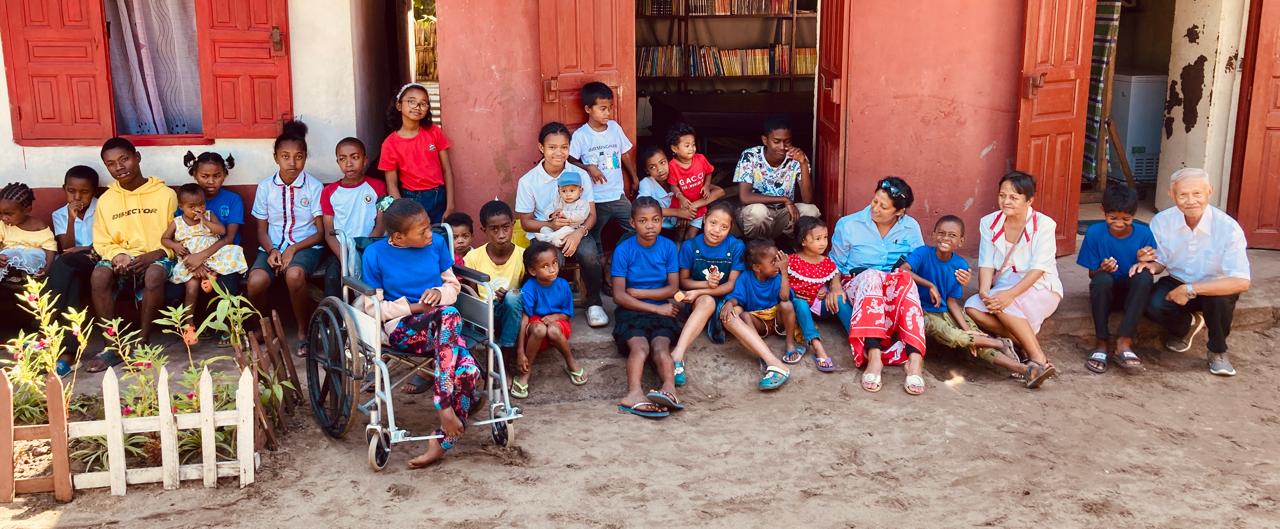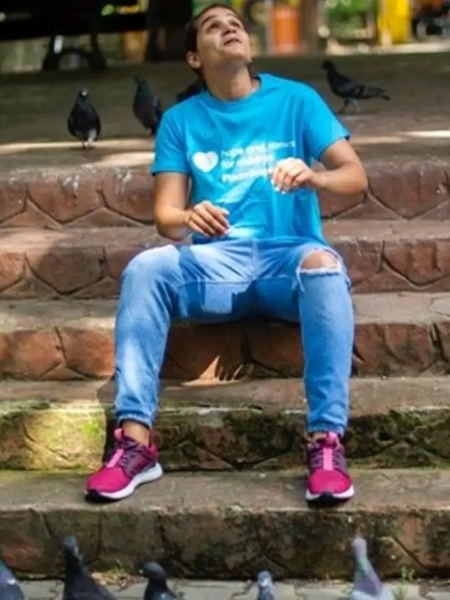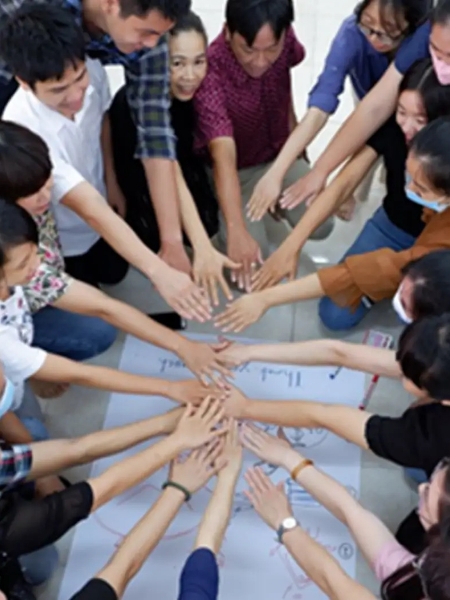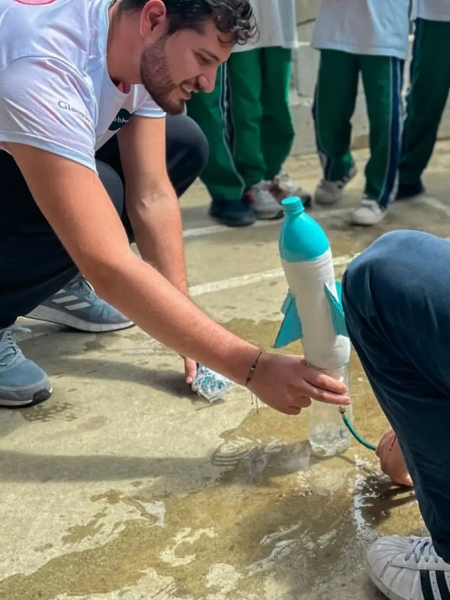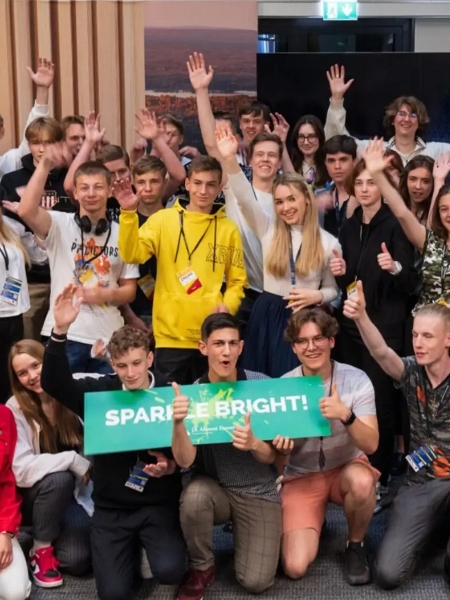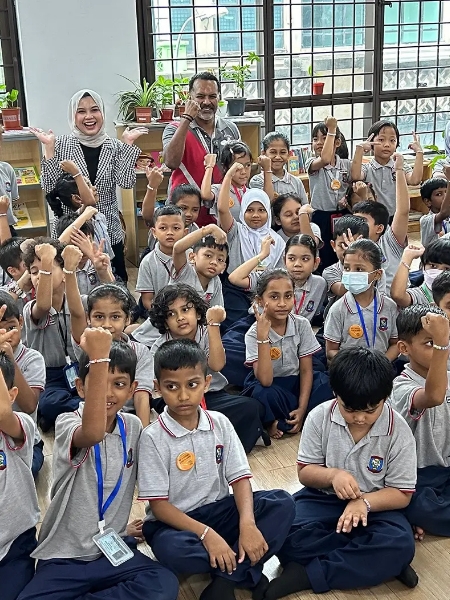Mitia Madagasikara
Think Human Fund
Mission & History
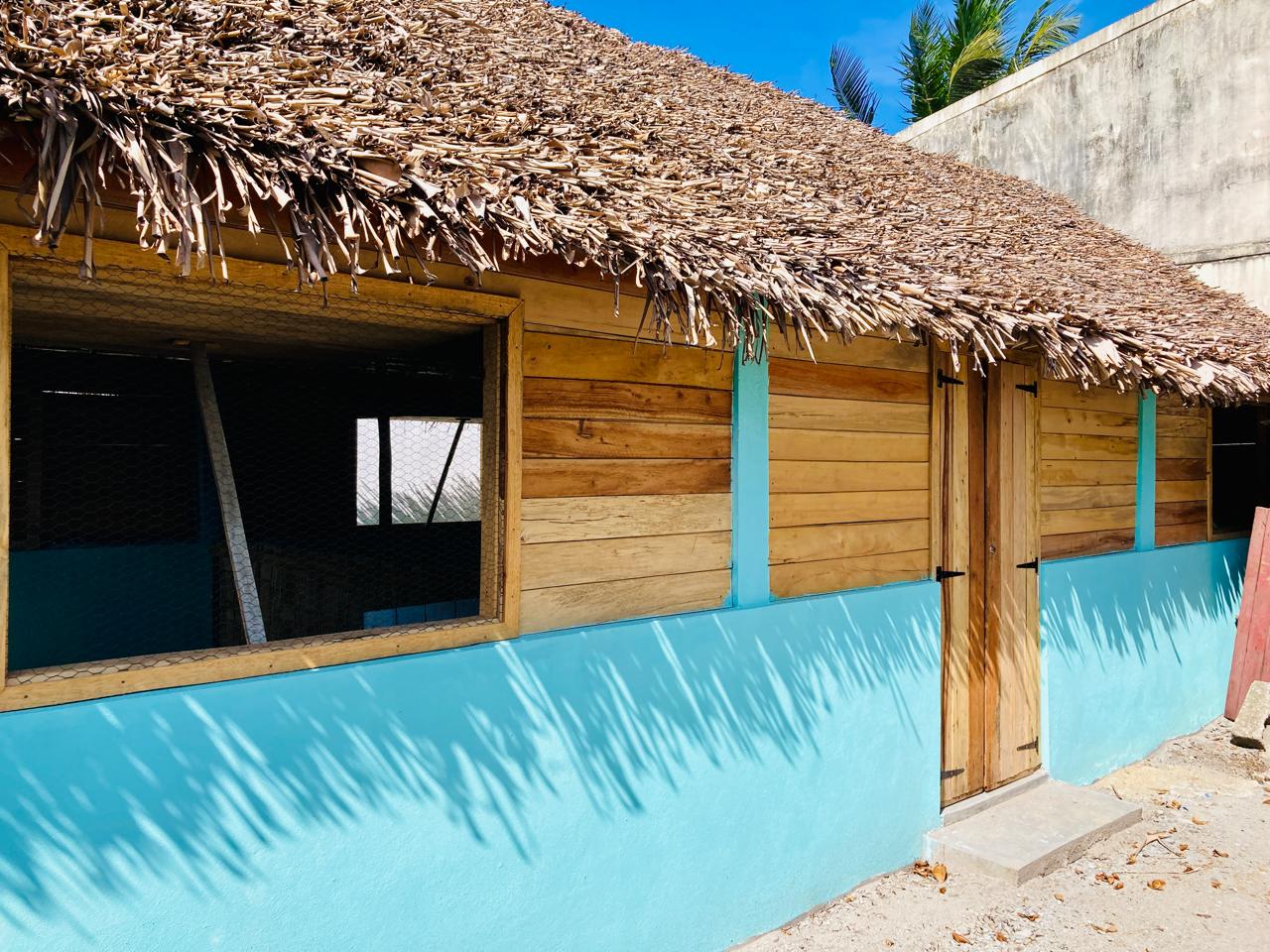
Country Information
As of 2021, Madagascar’s population is approximately 30.37 million, with a GDP per capita of $531, one of the lowest globally. The rapid population increase is outpacing economic growth. Tamatave, a major city on the eastern coast, experiences severe social inequality, leading to extreme poverty, family violence, disease, and widespread childhood suffering. Many children, orphaned or neglected, live on the streets, facing violence, exploitation, and inadequate care. The Covid-19 pandemic has exacerbated the situation, with a noticeable surge in street children under 15. As of April 12, 2022, the International Day for Street Children highlighted the alarming situation, with no updated statistics since 2015.
The Need
The need is critical, with the following issues highlighted:
– School Rehabilitation: A need to renovate the Centre Enfants de Joie school to provide a dignified and secure learning environment for 450 children.
– Accessibility Improvements: Enhancing accessibility in the orphanage and school for disabled individuals.
– Orphanage Expansion: Increasing the orphanage capacity from 30 to 60 places.
– Vocational Training: Establishing a vocational training center for people with disabilities to support their professional integration.
– Food Self-Sufficiency: Achieving food self-sufficiency through farming and generating income from surplus production.
– Ecological Solutions: Implementing eco-friendly solutions like using black soldier fly larvae for livestock feed, installing photovoltaic panels, and developing water supply and treatment systems.
The Project We Fund
The project focuses on:
– Renovation of the Professional Training Center: For integrating children with and without disabilities into the workforce.
– Reinvestment: Using profits from the training center (monetary or food) to achieve 80% autonomy for the association’s food and budgetary needs.
The Result
Impact will be tracked through:
– Disability Tracking: Measuring autonomy and learning progress for children with disabilities through specialist assessments.
– Capacity Building: Monitoring the number of children accommodated in new facilities for disabilities.
– Infrastructure Monitoring: Using before-and-after photos and student interviews to assess improvements, with compliance certificates from E2C Tamatave.
– Learning Improvement: Evaluating impact through annual national exam results.
– Food Autonomy: Comparing food-related costs to the overall budget, supported by annual audits from Nomery.
Project Management:
– Regular Reporting:
– Quarterly steering committee meetings and bi-monthly project meetings with stakeholders.
– Quarterly progress reports from cooperators.
– Annual 150-page report to the Luxembourg Ministry of Foreign and European Affairs (MAEE).
– Audits and Evaluations:
– Annual financial audit by a specialized firm.
– Final project evaluation by an independent firm in the third year for MAEE and contributors.
These measures ensure rigorous operational and financial monitoring, allowing for necessary adjustments.

